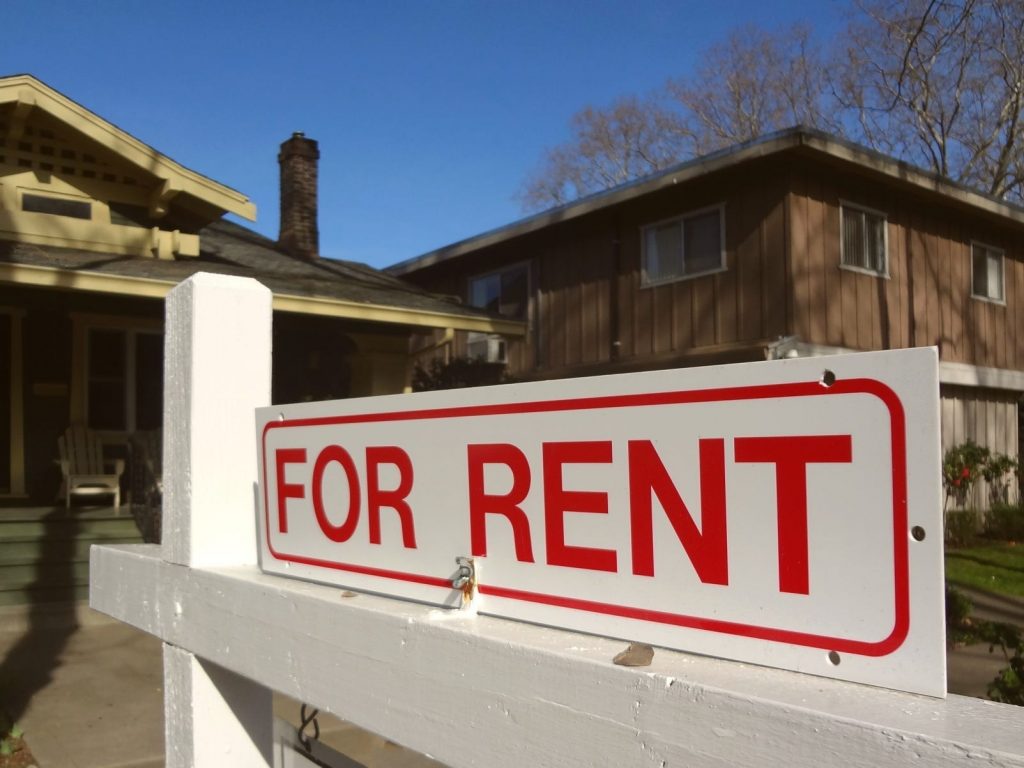- Younger consumers are being squeezed the most by surging rent rates, Bank of America said.
- Rent payment for Gen Z was up 16% in July compared to last year, and only up 3% for Baby Boomers.
- "A sizeable increase in rental prices have squeezed consumer wallets," the bank said.
Younger consumers are being hurt the most by surging rent rates, according to Bank of America.
The report, which analysed the dollars spent on Bank of America credit and debit cards in July, found that median rent payment was up 16% year-on-year in July for Gen Z compared with just 3% for Baby Boomers.
Meanwhile, median rent payments increased by 7.4% in July, compared to the previous year.
"With roughly 34% of US households being renters, a sizeable increase in rental prices have squeezed consumer wallets," the report said.
Average rent in the US has spiked this year to $1,722, as the economy grapples with hot inflation that has lifted the prices of everything from energy to groceries. That works out to be about 31% of their pre-tax pay.
That has meant more Americans are struggling to pay rent. At the same time, higher mortgage rates have depressed consumer sentiment over house buying to its lowest levels in a decade, with only 17% of consumers saying it's a good time to buy a home in the current economic environment, according to Fannie Mae.
A significant increase in rent can have meaningful impact on household financial situations, particularly for middle and lower income households," Bank of America said. Based on the data, all income groups have seen increases in rent payments, but those particularly feeling the pinch are those with annual household income between $51,000 and $150,000.
The trend appears even as gas prices drop across the US after soaring to record levels of $5 a gallon in June, though the bank notes that the decline has provided consumers with some much needed relief.
Average US gas prices have fallen below $4 a gallon for the first time since March thanks to a decline in both demand and supply.
"The decline in households' spending on gas has freed up money to be spent elsewhere," the report said.
